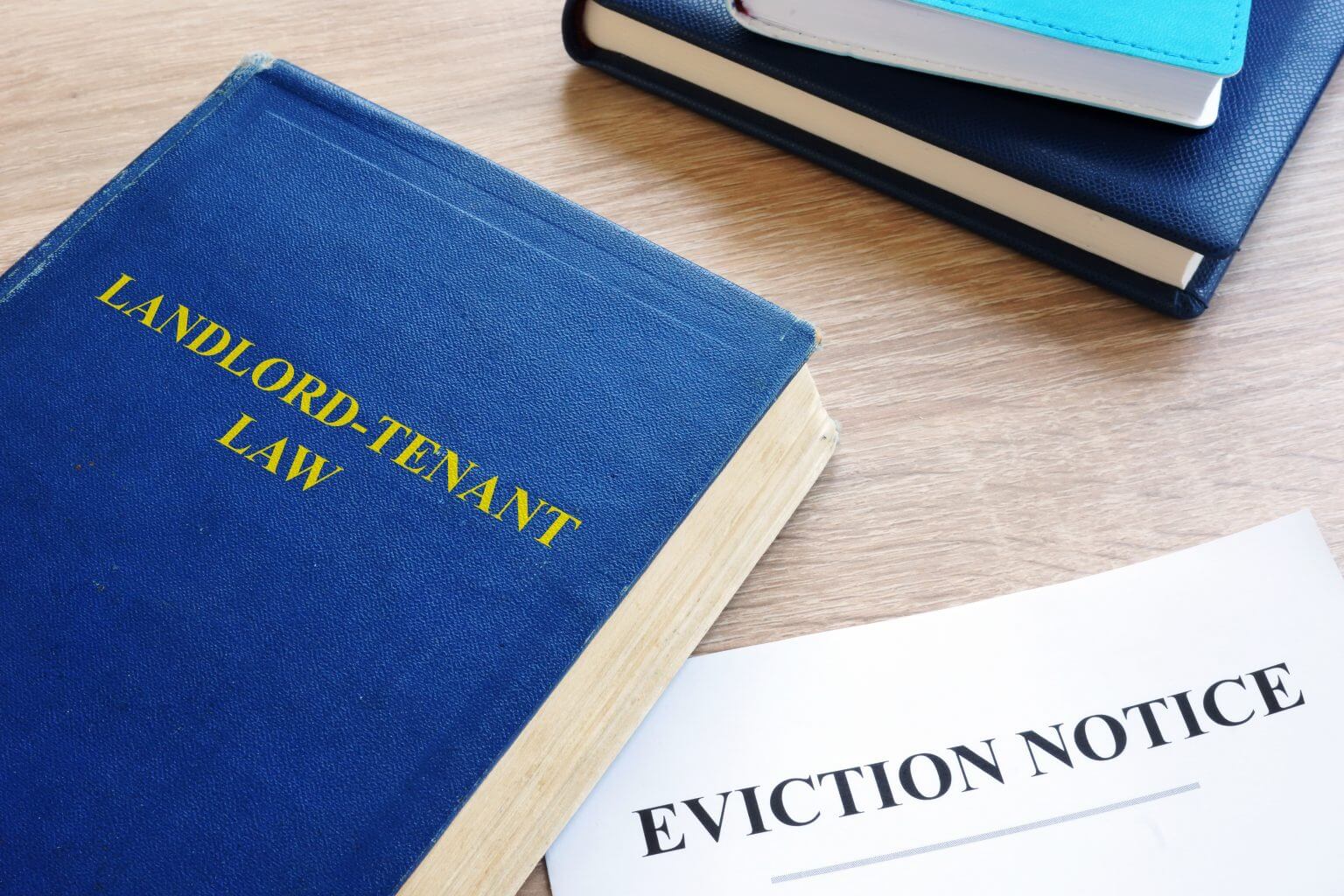In Wake Of Failed Bills, Housing Advocates Say Relief Funding Alone Won’t Stop Evictions

Several tenant relief efforts failed in the last hours of the 2021 legislative session Monday, drawing condemnation from fair housing advocates who say the state isn’t doing enough to stop evictions — particularly during the pandemic.
And although the American Rescue Plan earmarked millions for rent relief in Maryland, Matthew Losak, executive director of the Montgomery County Renters Alliance, told Maryland Matters that money alone won’t stop a “gathering storm” of evictions.
“It was a huge omission by the legislature to ignore the eviction crisis,” Losak said.
Fair housing advocates have warned throughout the pandemic that, despite state and federal stays on evictions, tenants are still losing their homes. Those orders give tenants an affirmative case in failure to pay rent cases, but landlords can refuse to renew a lease and then file what’s called a “tenant holding over” action if the tenant stays on the property after their lease ends.
Some of those tenants were evicted even after receiving rent subsidies. Lisa Sarro, general counsel for Arundel Community Development Services, told lawmakers during a March meeting that her organization paid a landlord thousands in arrears last December, but the landlord filed a tenant-holding-over action just days later.
“If landlords are able to evict despite payments of the arrears that are owed, that doesn’t do what the funding is there for,” Sarro said in March.
Losak slammed lawmakers for not moving House Bill 1312, sponsored by Del. Jheanelle K. Wilkins, before midnight on the last day of session. That bill would’ve codified and expanded current protections for tenants throughout the pandemic and in future catastrophic health emergencies, although it had been significantly paired back by the House Judiciary Committee roughly a month ago.
The final version of Wilkins’ bill would’ve given tenants broader protections, including in tenant holding over cases, and would have banned landlords from evicting tenants for at least 120 days after receiving rental assistance. It received its second reading in the Senate Monday, but when Sen. Nancy J. King (D-Montgomery) attempted to expedite its passage by suspending the rules to allow for a quick final passage, her motion was rejected.
Zafar Shah, an attorney with the Public Justice Center, said the proposal would have created a statewide standard in putting strings on rental relief money and protecting tenants from eviction. He said that, because much of the federal rent relief funding will depend on county programs, tenants could see a patchwork of protections across the state.
Shah said he felt the General Assembly was indecisive in handling evictions and landlord-tenant issues throughout the session. He pointed to the hefty cuts to HB 1312 by the House Judiciary Committee, including removing a rental relief fund proposed in the initial bill.
The bill was subject to intense pushback from landlords. The lobbyist for the Maryland Multi-Housing Association, D. Robert Enten, said in March that lawmakers should’ve focused on streamlining state and federal rental relief funding rather than codifying protections for tenants. At the time, Enten argued putting current protections in law would restrict the government’s ability to respond to health emergencies.
Up to 200,000 renter households in Maryland are currently at risk of eviction, according to estimates from the Chicago-based consulting firm Stout. With the General Assembly’s main tenant relief measure dead, Losak said he and other advocates will lobby Gov. Lawrence J. Hogan Jr. (R) for broader tenant protections
Also topping Losak and Shah’s post-session agenda is educating renters about a newly passed proposal meant to give tenants access to legal representation in eviction cases. A separate study from Stout found that while the majority of landlords have representation in eviction cases, a dismally low percentage of tenants do.
In addition to those access to counsel provisions, House Bill 18 from Del. Wanika T. Fisher’s (D-Prince George’s) will require landlords to provide advance notice – and information about how to get legal representation – to tenants before filing for eviction.
But separate legislation that would’ve provided funding for tenants’ legal representation died in the House due to time constraints on Sine Die. Losak said the now-unfunded proposal still represents a “modest gain” for renters in Maryland.
“It is a far cry from protecting renters from eviction,” he said.
Shah noted that House Bill 18 only contains a goal, rather than a mandate, for its implementation. He warned that, without a funding mechanism for tenants’ legal representation, the legislation could be moot.
“If there’s not rapidly some way to fund this bill, then it just becomes almost like an illusory reform,” Shah said. “Really hard to hang your hat on that, especially during a pandemic.”




 Creative Commons Attribution
Creative Commons Attribution